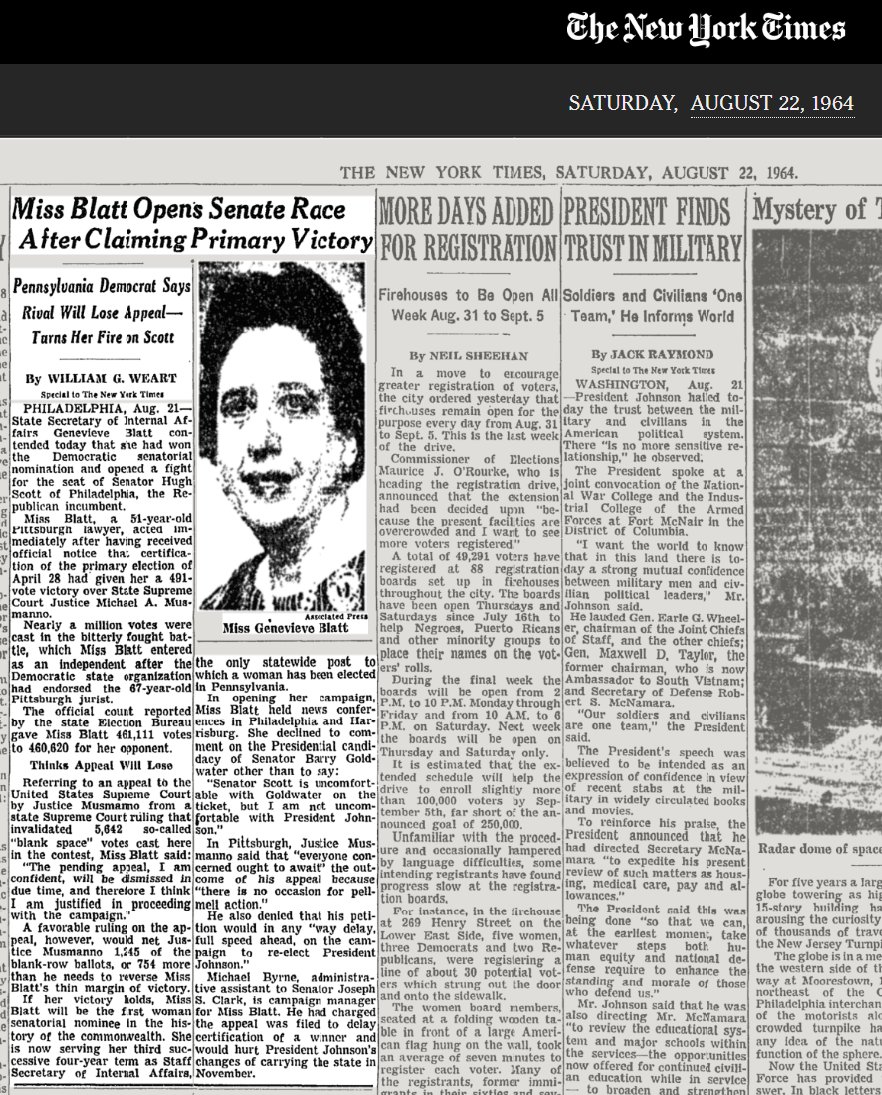.@RepBonamici opens House hearing by denouncing TIX regs as "forcing survivors to endure live x-examination." Does she oppose the use of x-exam in civil or criminal contexts? Does she disagree w/the SupCt on its value?
https://twitter.com/samk_harris/status/1303825890808410113
.@nwlc's Goss Graves testifies that "the survivors we work with are deeply invested in due process" (except when it involves x-examination, access to evidence, notice, or bias-free training, apparently).
Excellent comment from @virginiafoxx --from argument of opponents, it seems as if they seem the stakes in campus TIX adjudications as so low that schools should be able to dispense w/core due process protections.
Good Q from @RepDustyJohnson: did the regs structure the correct balance w/r/t rights of acc'd and rights of complainant? @samk_harris discusses the development of the law.
Neither Bonamici nor Rep. Scott asked a Q about TIX. Now @RepJahanaHayes opens w/Q on transgender rights.
Qs from @RepBenCline on how regs tie closely to SupCt definitions, notes how DeVos regs seem to tie more clearly to legal precedent than Obama-era policies. @samk_harris stresses on TIX & educational access; notes Court liberals joined Davis decision.
.@RepSusieLee also asks about transgender rights; no Qs on the TIX regs.
.@RepBenCline closing comments notes highly unusual fact that Trump adm policy has achieved support from broad ideological spectrum, notes how the regs conform to legal developments.
.@RepBonamici closing statement focuses on health care, transgender issues. Doesn't return to TIX regs. No explanation of why--in her opening statement--she attacked the value of x-examination.
• • •
Missing some Tweet in this thread? You can try to
force a refresh






















